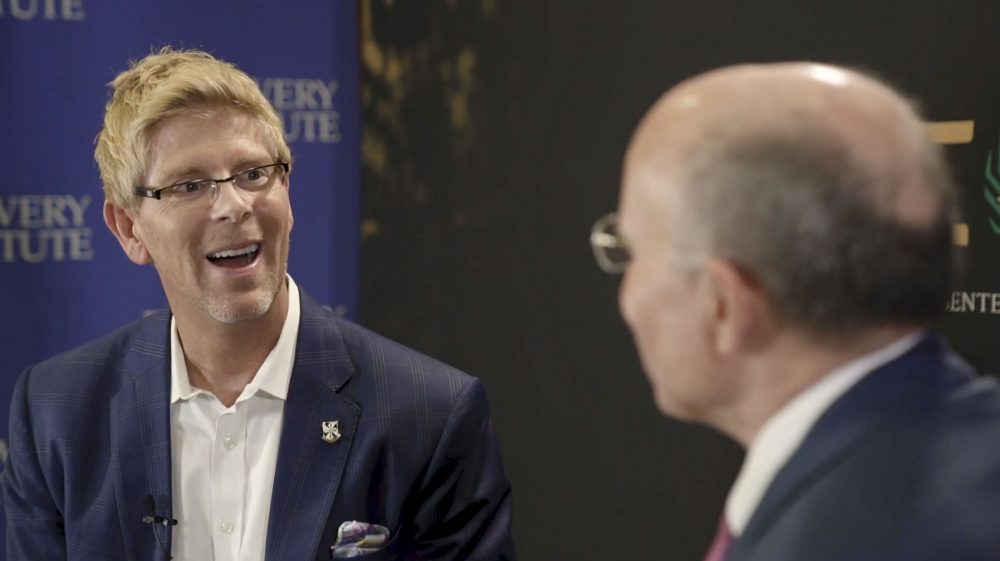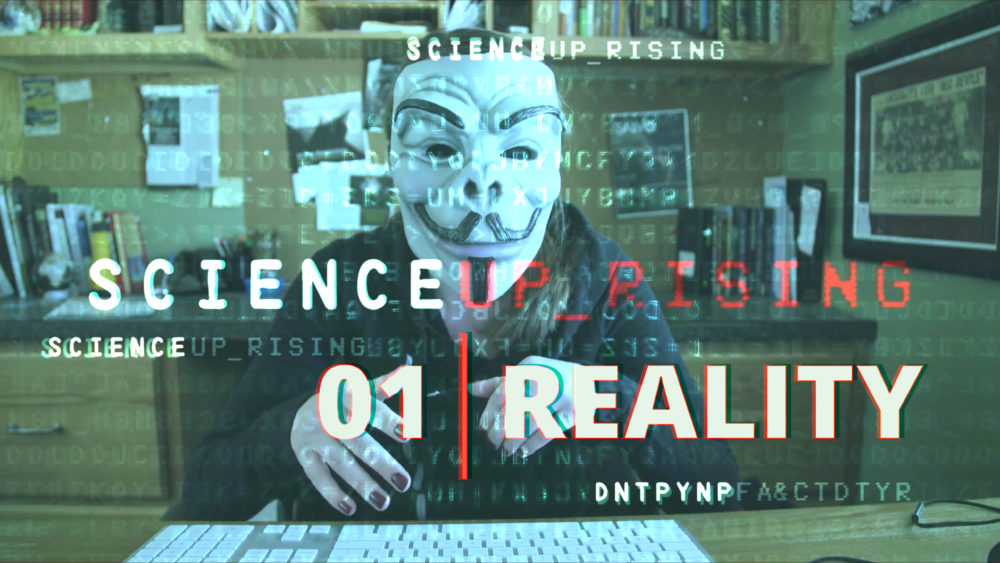
Archives


Bingecast: Jay Richards on The Human Advantage

Why Did Americans Agree to a National Lockdown?

New Cosmos Series Preaches the Religion of Materialism

Why Does the Vatican Need Microsoft?
Should the Church really partner with IBM and Microsoft to make pronouncements on tech regulation?When giant corporate actors like IBM and Microsoft promote “transparency and compliance with ethical principles?”, we run the risk that they are helping to craft regulations that hinder future competitors (“regulatory capture”). Rather than partner with them in making statements, the Church should stay clear.

Jay Richards on Eat, Fast, Feast and Human Design

Will Self-Driving Cars Change Moral Decision-Making?
It’s time to separate science fact from science fiction about self-driving carsIrish playwright John Waters warns of a time when we might have to grant moral discretion to computer algorithms, just as Christians now grant to the all-knowing but often inscrutable decrees of God. Not likely.

Phillip E. Johnson: A Lucky Ice Storm

Jay Richards at COSM Talks Kurzweil and Strong AI

Jay Richards: Prepare For AI, But Don’t Panic — Part II

Jay Richards on the Greatly Exaggerated Death of Human Jobs — Part I

If the Mind Is Immaterial, Is Human Cloning Impossible?
I agree with Mike Egnor that the mind is immaterial but I don’t think human cloning is impossibleThere are, of course, empirical implications of both the materialist and non-materialist understanding of the human mind. But the success of human cloning won’t weigh on the question one way or the other.

Students, Don’t Let Smart Machines Disrupt Your Future
Three ways you can avoid life in Mom’s basement and the job pouring coffeeAt first sight, the number of options might seem bewildering. The key question is: Will you ignore the coming job disruption, fear it, or treat it as an opportunity?
Jay Richards on How Materialism Dismantles Itself, and the Self

Science Uprising 01: Reality
Real vs. MaterialPerfect Eclipses: Coincidence or Conspiracy?

New Evangelical Statement on AI is Balanced and Well-Informed
The signers are clearly (and rightly) skeptical that computers can become conscious moral agentsToo much of the debate over AI is dictated by prior metaphysical commitments that are rarely examined. This Evangelical Statement is a welcome contrast because it makes the theological issues explicit.

Universal Basic Income? Fear of AI Fuels a New Argument for Socialism

Universal Basic Income? Fear of AI Fuels Bad Economics
If new technology led to mass permanent unemployment, history would be an endless saga of expanding joblessnessAlthough the coming shift will be abrupt, new technologies enable us to focus, as economists would put it, on our comparative advantage over machines.
